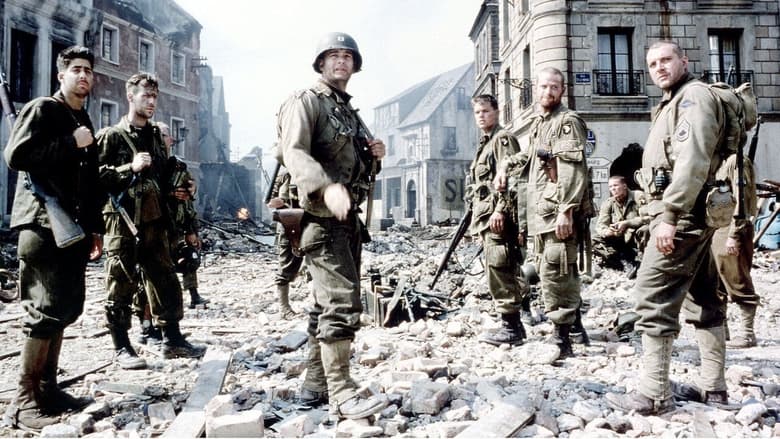What are the best war movies of all time?
Step into the chaos and courage with our definitive guide to the most impactful war films ever made. From the harrowing beaches of Normandy to the psychological battlegrounds of Vietnam, these movies offer a profound look at human resilience and the brutal realities of conflict.
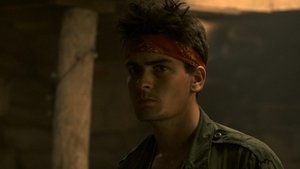
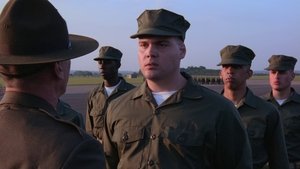
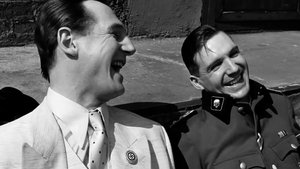
War films have always held a powerful mirror to humanity, reflecting not just the horrors of conflict but also the indomitable spirit of those caught within it. They transport us to different eras and battlefields, from the epic sweep of historical conflicts to the intense, personal struggles of soldiers.
Take "Saving Private Ryan", for instance, which redefined the genre with its visceral, unflinching portrayal of D-Day, immersing audiences in a way few films had before. Or consider "Apocalypse Now", a psychedelic journey into the heart of darkness that explores the moral ambiguities of war with a surreal, almost hypnotic intensity. And who could forget the sharp, often disturbing realism of "Full Metal Jacket" and "Platoon", both offering stark insights into the Vietnam War from different perspectives?
These films often feature groundbreaking cinematography, like the sweeping landscapes of "The Thin Red Line", which uses nature to contrast with human destruction, or the stark black and white of "Schindler's List", which amplifies the gravity of its subject matter. They are not merely action spectacles; they are profound studies of courage, sacrifice, and the enduring cost of conflict. Many directors, like Stanley Kubrick with "Paths of Glory", have explored the psychological toll of combat and the arbitrary nature of military justice, long before such themes became common in cinema. These stories, whether set in ancient times or modern conflicts, resonate because they speak to universal truths about survival, loss, and the unyielding human will.
12. The Bridge on the River Kwai (1957)
The Bridge on the River Kwai is a classic World War II epic that explores themes of duty, obsession, and the absurdities of war. Set in a Japanese prisoner-of-war camp, it follows British POWs who are forced to build a bridge for their captors. Alec Guinness delivers an iconic performance as Colonel Nicholson, a man so dedicated to military procedure and honor that he becomes obsessed with building a 'proper' bridge, even for the enemy. The film masterfully builds tension, culminating in a dramatic climax. Its complex moral questions and grand scale make it a enduring favorite, showcasing the psychological battles fought alongside physical ones.

11. Paths of Glory (1957)
Stanley Kubrick's early masterpiece, Paths of Glory, is a powerful anti-war film set during World War I. Kirk Douglas stars as Colonel Dax, a French officer who defends his soldiers against a court-martial after they refuse to go on a suicidal mission. The film is a scathing critique of military bureaucracy, class distinction, and the senseless waste of human life. Kubrick's direction is precise and unflinching, particularly in the stark, unsettling trench scenes and the chilling courtroom drama. Despite initial controversy and even being banned in some countries, its message about the absurdity and injustice of war remains incredibly relevant and impactful.

10. Letters from Iwo Jima (2006)
Clint Eastwood's Letters from Iwo Jima provides a rare and crucial perspective on World War II: that of the Japanese soldiers defending the island of Iwo Jima. Released concurrently with his companion film Flags of Our Fathers, this movie offers a deeply empathetic and humanizing look at the 'enemy,' challenging traditional war narratives. Filmed in muted tones to match the somber mood, it explores the soldiers' desperation, loyalty, and the letters they wrote home, revealing their hopes and fears. Ken Watanabe delivers a powerful performance as General Kuribayashi, portraying a leader torn between duty and the futility of his situation. It's a poignant and essential piece of cinema that broadens our understanding of the war.
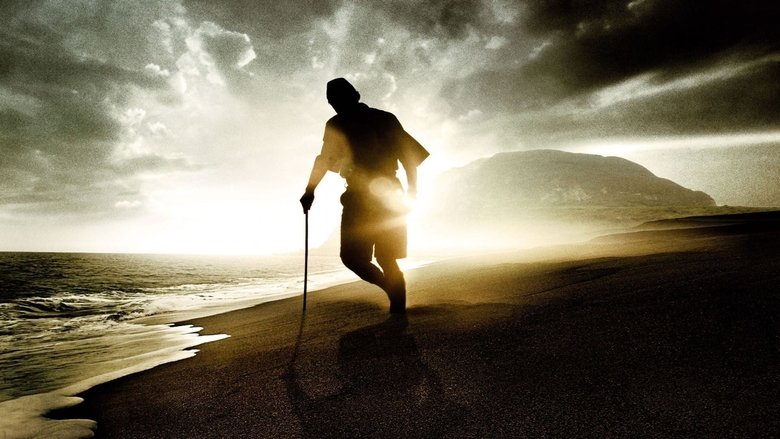
9. The Hurt Locker (2008)
Kathryn Bigelow's The Hurt Locker offers an intimate, nail-biting look at a U.S. Army Explosive Ordnance Disposal (EOD) team in Iraq. The film is a masterclass in suspense, focusing on the psychological toll of war and the addictive nature of adrenaline for some soldiers. Jeremy Renner delivers a captivating performance as Sergeant First Class William James, a thrill-seeking bomb disposal expert. Bigelow's direction is taut and immediate, placing the audience directly into the dangerous, high-stakes situations. It's a unique perspective on modern warfare, exploring the personal cost and the complex motivations of those on the front lines.
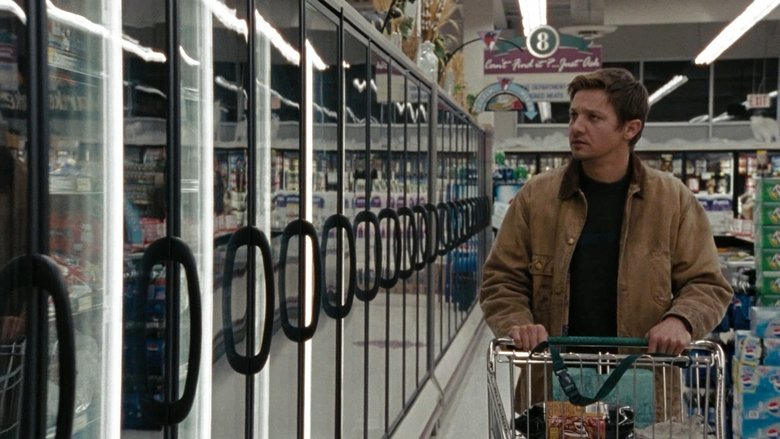
8. Black Hawk Down (2001)
Ridley Scott's Black Hawk Down is a gripping, intense portrayal of the 1993 Battle of Mogadishu. The film plunges viewers into the chaotic, brutal reality of modern urban warfare, focusing on the sheer ferocity and rapid escalation of the conflict. Its strength lies in its relentless pacing and detailed depiction of military tactics and the desperate fight for survival. The ensemble cast, featuring many rising stars at the time, delivers raw, believable performances as soldiers caught in an impossible situation. It's a harrowing, visceral experience that emphasizes the courage and sacrifice of the real-life soldiers involved.
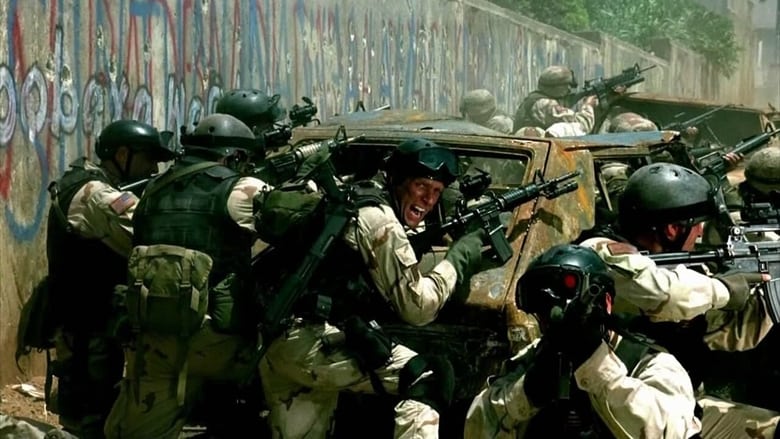
7. The Thin Red Line (1998)
Terrence Malick's The Thin Red Line offers a poetic, philosophical counterpoint to other war films. Set during the Battle of Guadalcanal, it's less about the action and more about the internal struggles of the soldiers, their connection to nature, and profound existential questions. The film's stunning cinematography, often focusing on the natural beauty of the island, contrasts sharply with the brutality of combat. It features an incredible ensemble cast, many of whom had their roles significantly reduced in the final cut as Malick sculpted his vision. It's a meditative, almost spiritual exploration of war's impact on the human soul, standing apart for its artistic ambition.

6. Dunkirk (2017)
Christopher Nolan's Dunkirk is a masterclass in tension and suspense, offering a unique, non-linear perspective on one of World War II's most critical evacuations. Instead of focusing on graphic violence, Nolan crafts a relentless, immersive experience through three interwoven timelines – land, sea, and air – each operating on a different scale of time. The film's incredible sound design and Hans Zimmer's pulsating score are crucial to building its suffocating atmosphere. It's a testament to the power of cinematic storytelling, putting the audience directly into the desperate struggle for survival without relying on dialogue-heavy exposition, making it a truly distinctive entry in the war genre.

5. Schindler's List (1993)
While not a traditional war film in terms of combat, Schindler's List is a powerful and essential historical drama that depicts the horrors of the Holocaust during World War II. Steven Spielberg's decision to film in black and white lends a stark, documentary-like quality, emphasizing the gravity of the events. Liam Neeson's portrayal of Oskar Schindler, the German industrialist who saved over a thousand Jews, is deeply moving. The film's emotional weight is immense, and its message of humanity amidst unspeakable cruelty resonates profoundly. It's a testament to the power of one individual to make a difference, and its impact continues to be felt decades after its release.

4. Full Metal Jacket (1987)
Stanley Kubrick's Full Metal Jacket is a two-part examination of the dehumanizing effects of war. The first half, set during Marine Corps basic training, is dominated by R. Lee Ermey's unforgettable, terrifying performance as Gunnery Sergeant Hartman, a role he largely improvised based on his own military experience. This section is a masterclass in psychological torment and dark humor. The second half shifts to the Tet Offensive in Vietnam, offering a stark, bleak portrayal of urban warfare. Kubrick's meticulous direction and detached perspective create a chillingly effective anti-war statement, highlighting the loss of individuality and innocence in the machinery of combat.

3. Platoon (1986)
Oliver Stone's Platoon is a raw, unflinching look at the Vietnam War from the perspective of an infantry soldier. Drawing heavily from Stone's own experiences as a veteran, the film feels incredibly authentic, capturing the fear, camaraderie, and moral ambiguity of combat. Willem Dafoe and Tom Berenger deliver career-defining performances as Sgt. Elias and Sgt. Barnes, two sergeants embodying the opposing forces within the platoon. The film's gritty realism and powerful emotional impact earned it the Academy Award for Best Picture. It was one of the first major Hollywood films to portray the Vietnam War from the ground up, focusing on the human cost and internal struggles of the soldiers, making it a truly impactful cinematic statement.

2. Apocalypse Now (1979)
Apocalypse Now is Francis Ford Coppola's surreal, hallucinatory journey into the heart of darkness. This isn't your typical war film; it's a psychological epic that uses the Vietnam War as a backdrop for a descent into madness. Marlon Brando's chilling performance as Colonel Kurtz is iconic, even though he spent very little time on set and largely improvised his lines. The film's stunning cinematography, coupled with its unsettling score and sound design, creates an atmosphere of oppressive dread. The production itself was notoriously chaotic, with typhoons, health crises, and budget overruns, yet out of that turmoil emerged a truly singular and profound work of art that continues to be analyzed and admired decades later.

1. Saving Private Ryan (1998)
Steven Spielberg's masterpiece, Saving Private Ryan, isn't just a film; it's a visceral experience that redefined the war genre. The opening D-Day sequence alone is a cinematic benchmark, dropping viewers directly into the chaos and brutality of Omaha Beach with an unflinching realism that was groundbreaking for its time. Tom Hanks delivers a powerful, understated performance as Captain Miller, leading a squad on a seemingly impossible mission. The film's commitment to historical accuracy, coupled with Janusz Kaminski's desaturated cinematography, creates an almost documentary-like feel. It's a poignant exploration of sacrifice, duty, and the profound cost of war, leaving an indelible mark on anyone who watches it. Did you know the cast underwent an intense boot camp to prepare for their roles, adding to the authenticity you see on screen?
